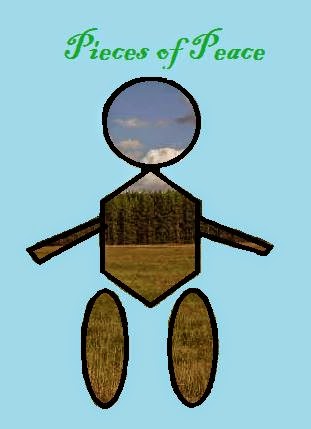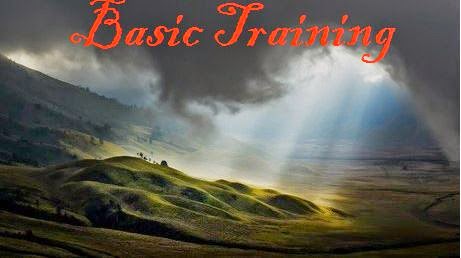Parshas Nasso - Pieces of Peace

Thoughts on The Parsha Parshas Nasso Pieces of Peace By: Daniel Listhaus וַיְדַבֵּר ה ' אֶל משֶׁה לֵּאמֹר : דַּבֵּר אֶל בְּנֵי יִשְׂרָאֵל וְאָמַרְתָּ אֲלֵהֶם אִישׁ אִישׁ כִּי תִשְׂטֶה אִשְׁתּוֹ וּמָעֲלָה בוֹ מָעַל “ Hashem spoke to Moses, saying, “Speak to the Children of Israel and say to them: Any man, if his wife will go astray and commit a trespass against him....” -Nasso 5:11-12 וְכָתַב אֶת הָאָלֹת הָאֵלֶּה הַכֹּהֵן בַּסֵּפֶר וּמָחָה אֶל מֵי הַמָּרִים And the kohen shall inscribe these curses on a scroll and erase it into the bitter waters....” -Nasso 5:23 This week's parsha discusses the topic of sotah – the story of a woman who was specifically warned by her husband not to be with a certain man, and yet was caught secluded with him. The Torah 1 describes that when she is brought to the kohen , there was an interesting process she had to go through. First, her husband brings a karbon 2 on her behalf. Then, the kohen takes an earthenware cup filled with mayim kedoshim (s

